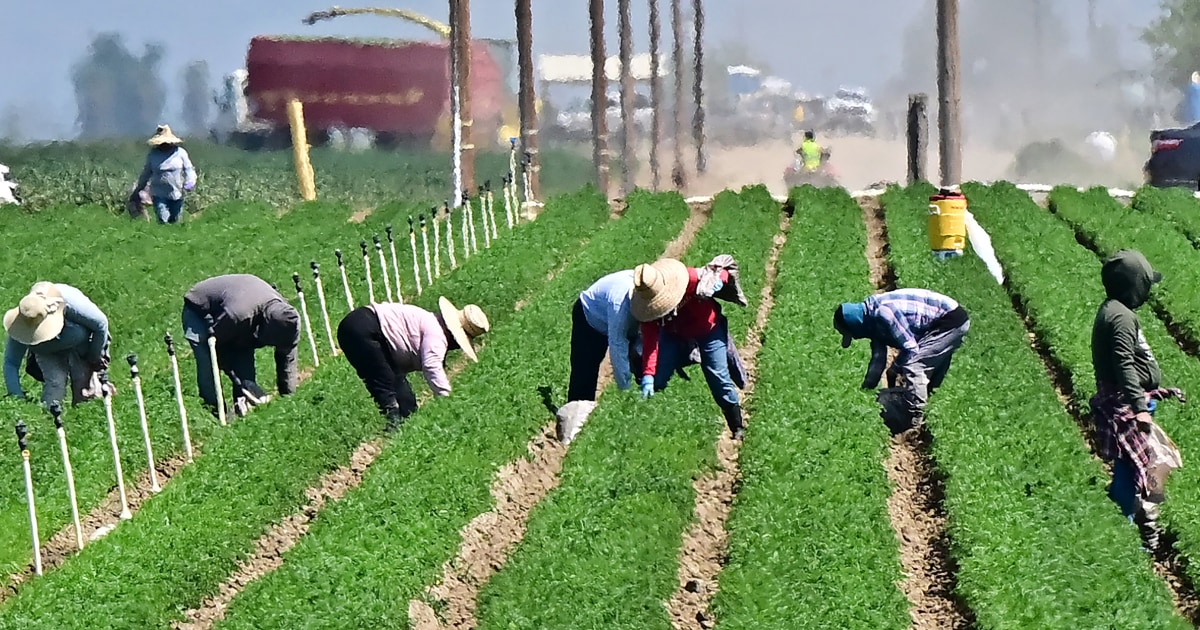- Joined
- Nov 20, 2013
- Messages
- 18,989
- Reaction score
- 22,910
- Location
- Chi-town
- Gender
- Male
- Political Leaning
- Very Liberal
Immigrants who came to the Texas Panhandle to work legally have been told they must leave
Confusion and fear are rippling through the immigrant communities of the Texas Panhandle, where newcomers have come for generations to work in its immense meatpacking plants.
History is going to view this as a dark period in American history.
Shameful.
The message was blunt.
“It’s time for you to leave the United States,” the Department of Homeland Security said in an early April email to some immigrants who had legal permission to live in the U.S. “Do not attempt to remain in the United States — the federal government will find you.”
This is what Trump had long promised
Immigration into the U.S., both legal and illegal, surged during the Biden administration, and Trump spun that into an apocalyptic vision that proved powerful with voters.
Jean is among roughly 2 million immigrants living legally in the U.S. on some sort of temporary status. Most have fled deeply troubled countries: Haiti, Cuba, Nicaragua, Venezuela, Afghanistan, Myanmar, Sudan. Many are allowed to work in the U.S. and have jobs and pay taxes.
Jean is sympathetic in ways to the immigration crackdown.
“The White House, I respect what they say,” he said. “They are working to make America safer.”
“But I will say not all immigrants are gang members. Not all immigrants are like a criminal. Some of them, just like me and my wife, and other people, they are coming here just to have a better life.”
The administration told more than 500,000 Cubans, Nicaraguans, Venezuelans and Haitians they would lose their legal status on April 24, though a judge has put that on hold. About 500,000 Haitians are scheduled to lose a different protected status in August.
The government directives and ensuing court battles have left many immigrants unsure of what to do.
“It’s all so confusing,” said Lesvia Mendoza, a 53-year-old special education teacher who came with her husband from Venezuela in 2024, moving in with her son who lives in Amarillo, the Panhandle’s largest city, and who is in the process of getting U.S. citizenship.
She doesn’t understand why the immigration crackdown affects people like her, who came legally and never received government assistance.
Last edited:



